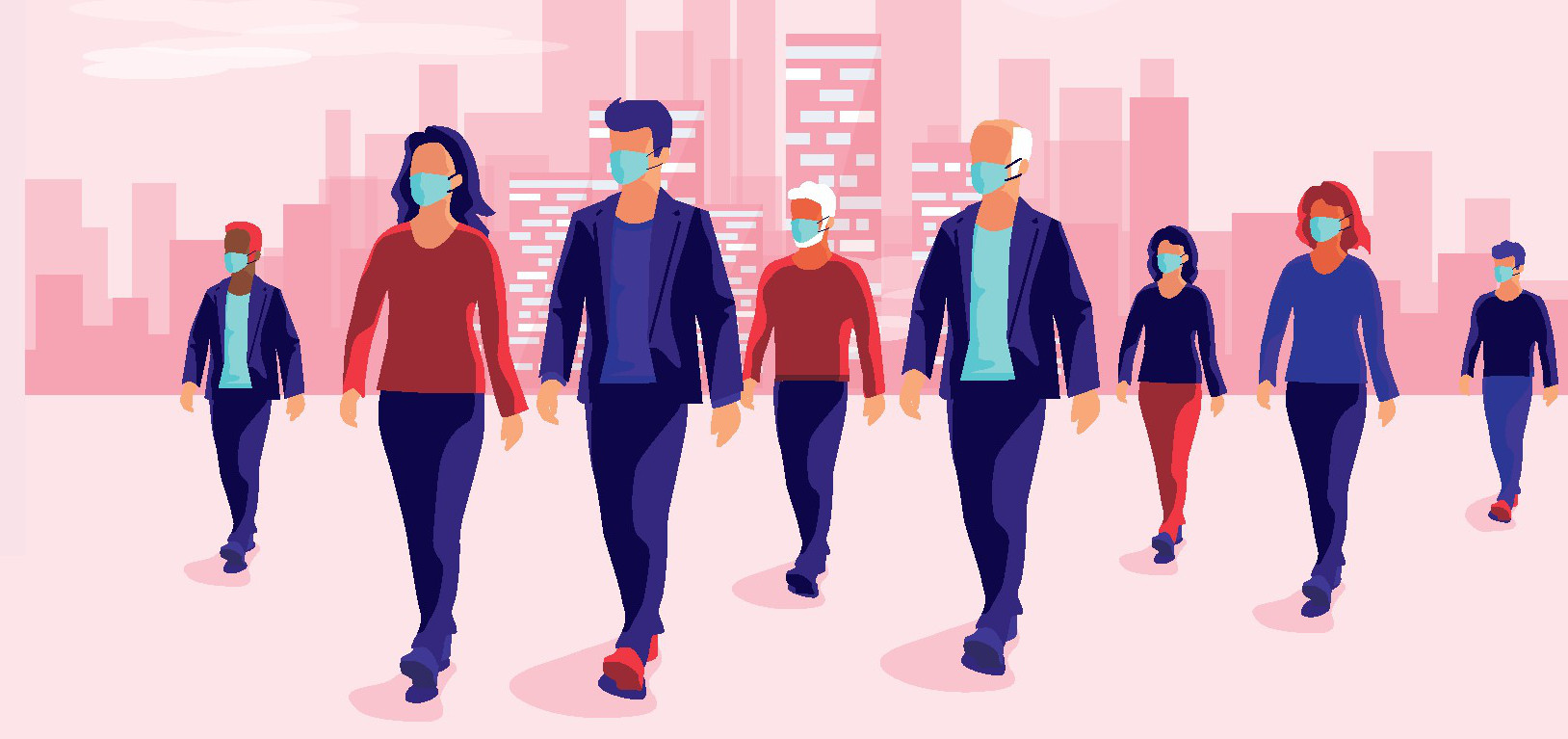
The lives of many of us, and from all parts of the world, were turned upside down in 2020 by a global pandemic with a force not seen since the global flu pandemic of 1918, which killed over 20 million people. Reputed to have originated in Wuhan in China, this new coronavirus, known as Covid-19, swept around the globe, infecting millions and killing many thousands, especially older people with underlying respiratory health conditions.
Covid-19 is primarily a health issue, of course, but it also raises important questions for sociologists. For example, it offered some support for those who argued that austerity policies, social inequality and poor health meant that public services in Britain were over-burdened and ill-equipped to deal with the scale of the outbreak when it hit, despite the heroic work of doctors, nurses and social care workers. Perhaps the virus may make us rethink ideas about a ‘small state’ and market-driven solutions to complex medical and social problems around caring, ageing and health.
Your organisation does not have access to this article.
Sign up today to give your students the edge they need to achieve their best grades with subject expertise
Subscribe




